The Commonwealth of Nations says invisible infection of corruption is threatening countries’ response to Covid-19, their long-term development and the Sustainable Development Goals (SDGs).
In her speech to the conference, she said an estimated $1 trillion is paid annually in bribes globally, while about $2.6 trillion is stolen annually through corruption, a sum equivalent to more than five per cent of the global Gross Domestic Product (GDP).
Illicit financial flows cost developing countries $1.26 trillion per year, enough money to lift 1.4 billion people out of poverty and keep them there for at least six years. While the United Nations Development Programme estimates that in developing countries, funds lost to corruption are 10 times the amount dispersed in official development assistance.
Transparency International states that corruption in the health sector alone costs US$500 billion every year, more than the amount needed for worldwide universal health coverage.The Secretary-General said corruption would not only undermine efforts to defeat the Covid-19 pandemic but also deprive vulnerable communities of vital funding for social and economic development.
“The ‘corrosive cancer’ of corruption is one of the major impediments to achieving the SDGs.”
Scotland called for “swift and decisive action” to improve transparency and accountability, and to build confidence that institutions and systems are corruption-free.
She said: “Our Caribbean region is now confronted with the triple impacts of the global pandemic, climate crisis and a potential economic tsunami because of the lockdown measures necessary to fight coronavirus.
“As we mobilise to adapt to climate change and work to withstand its impacts and those of the natural disasters which bring devastation to our islands, there is this invisible infection of corruption which the world must also continue to fight.”
She outlined how the Commonwealth Secretariat’s work is crucial in the battle to curb corruption.
“The approach attacks criminal financial activities on three fronts – research, capacity-building and networking. This is delivered through regional anti-corruption agency networks and training centres, backed up by closer co-operation and learning,” she said in a statement by Simon Bull of the
Communications Division and given to PerSecondnews.
The CCAICACB was created by the Commonwealth Secretariat in 2015.
The Secretariat’s work has seen significant success, with recent data showing Commonwealth Caribbean countries are perceived as less corrupt than their non-Commonwealth neighbours.
Commonwealth Anti-Corruption Benchmarks have also been developed as the latest tool designed to help governments and public sector bodies with measuring anti-corruption laws, procedures and actions against international good practice.
Dale Marshall, Attorney General and Minister of Legal Affairs in Barbados, explained the challenge his country faces in combatting the dual threat of corruption and the pandemic.
He said: “Barbados has had to divert all of its available resources to keeping our economy afloat.
“At a time when we are almost in a position to establish an integrity in public life commission, when we are just about to establish a special agency to fight corruption, the resources that we would have made available are now having to be diverted to ensuring that we have ventilators, that those people who have been thrown on the unemployment line have food.
“We are faced with a choice. Do we focus on the issues of keeping Barbados afloat or do we take some of those resources and dedicate them towards the fight against corruption? It is an impossible choice.”
The CCAICACB conference is being held in a virtual format for the first time due to the Covid-19 situation.
Two further session of the meeting will be held over the next two weeks, with members presenting and reviewing their recent anti-corruption initiatives as well as sharing ideas and best practice for use across the region.











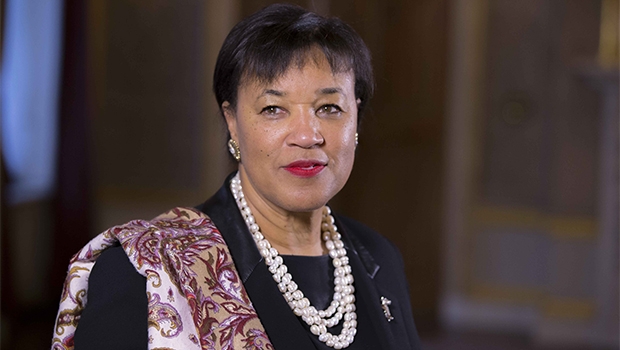


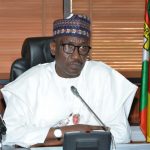






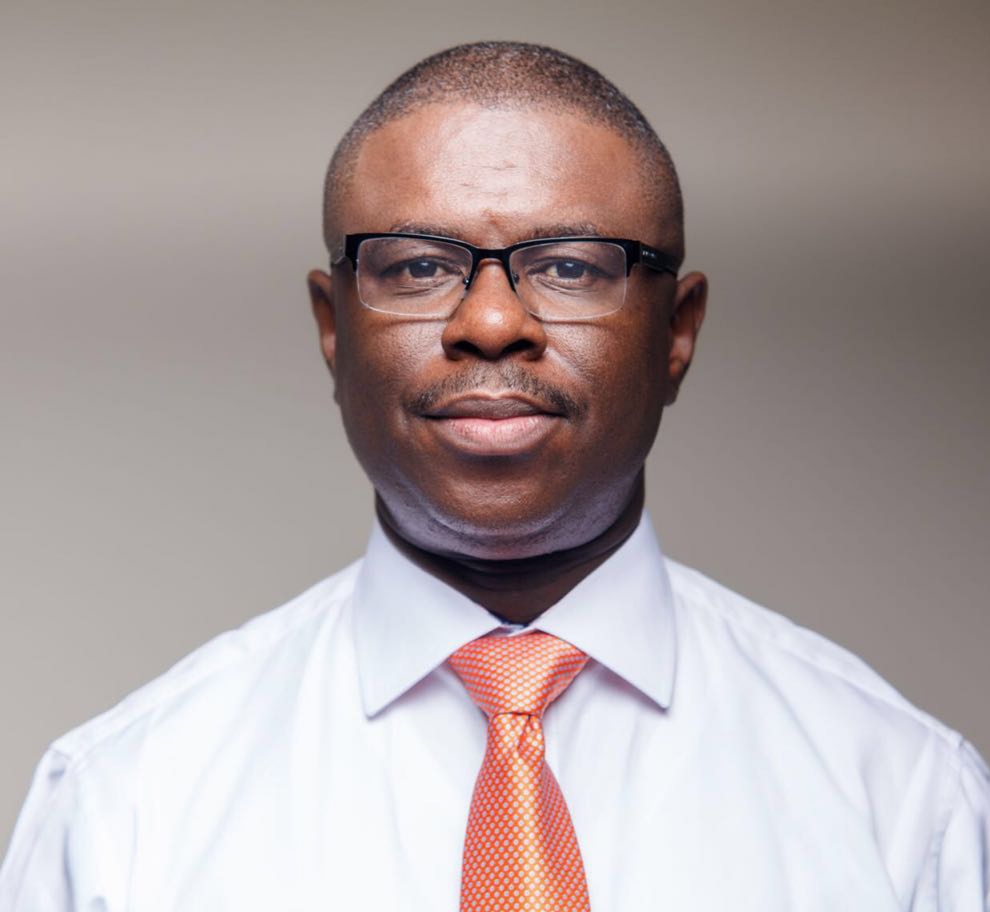


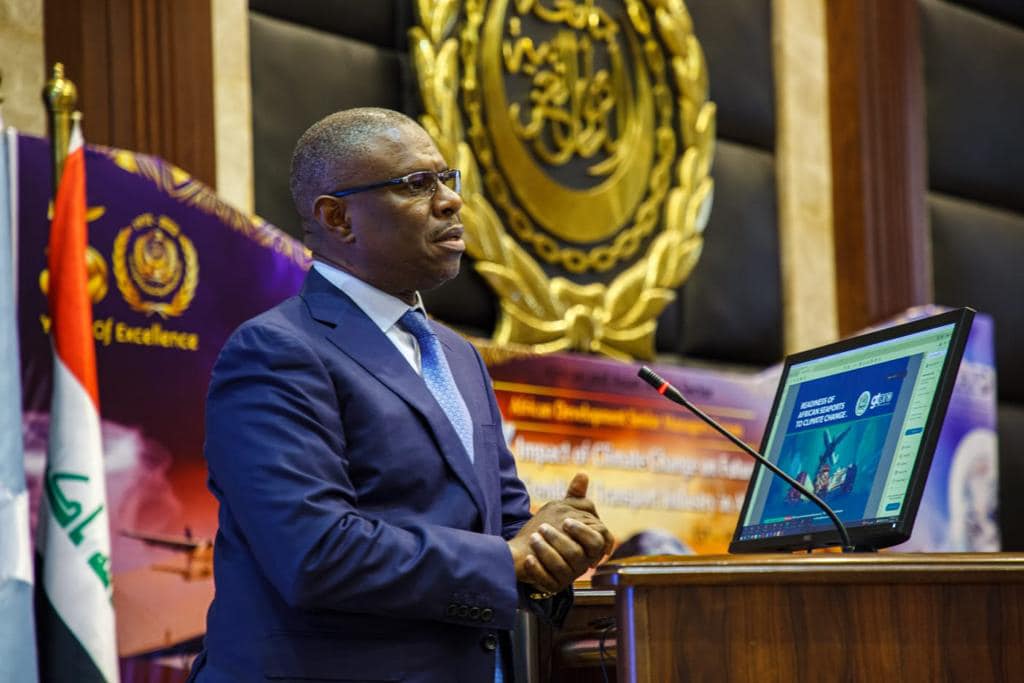

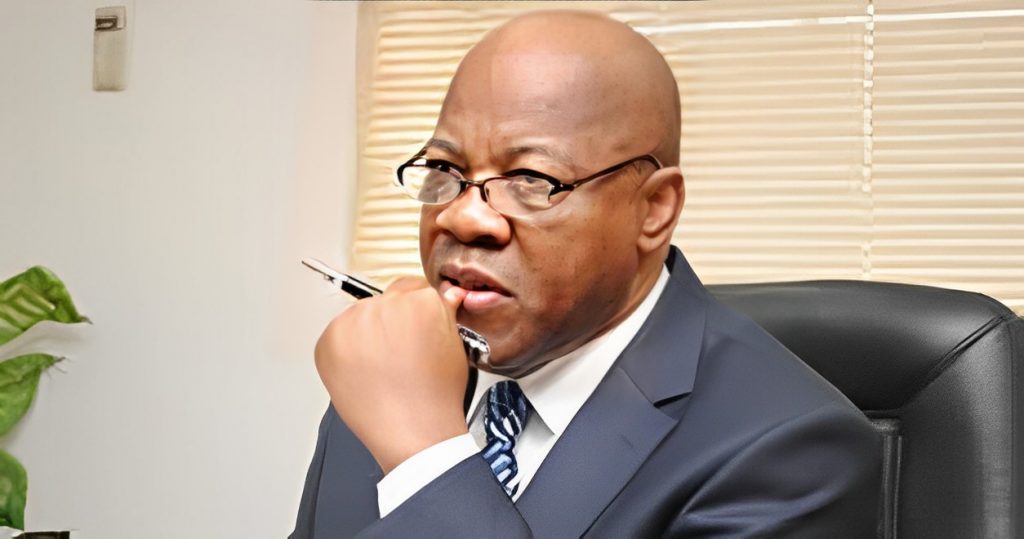
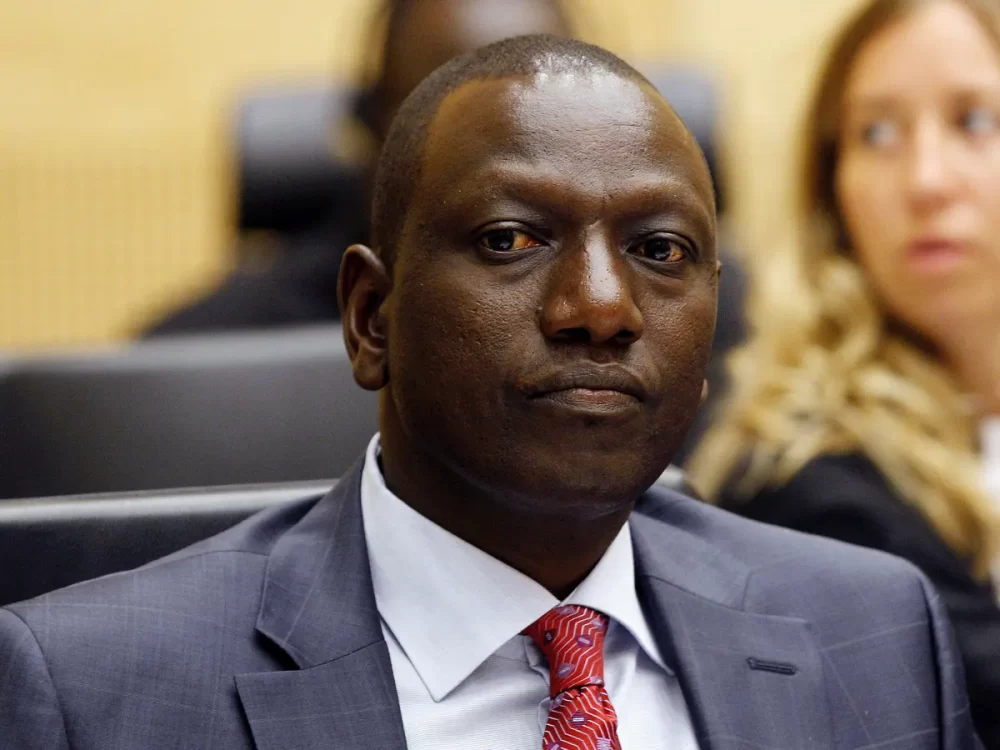
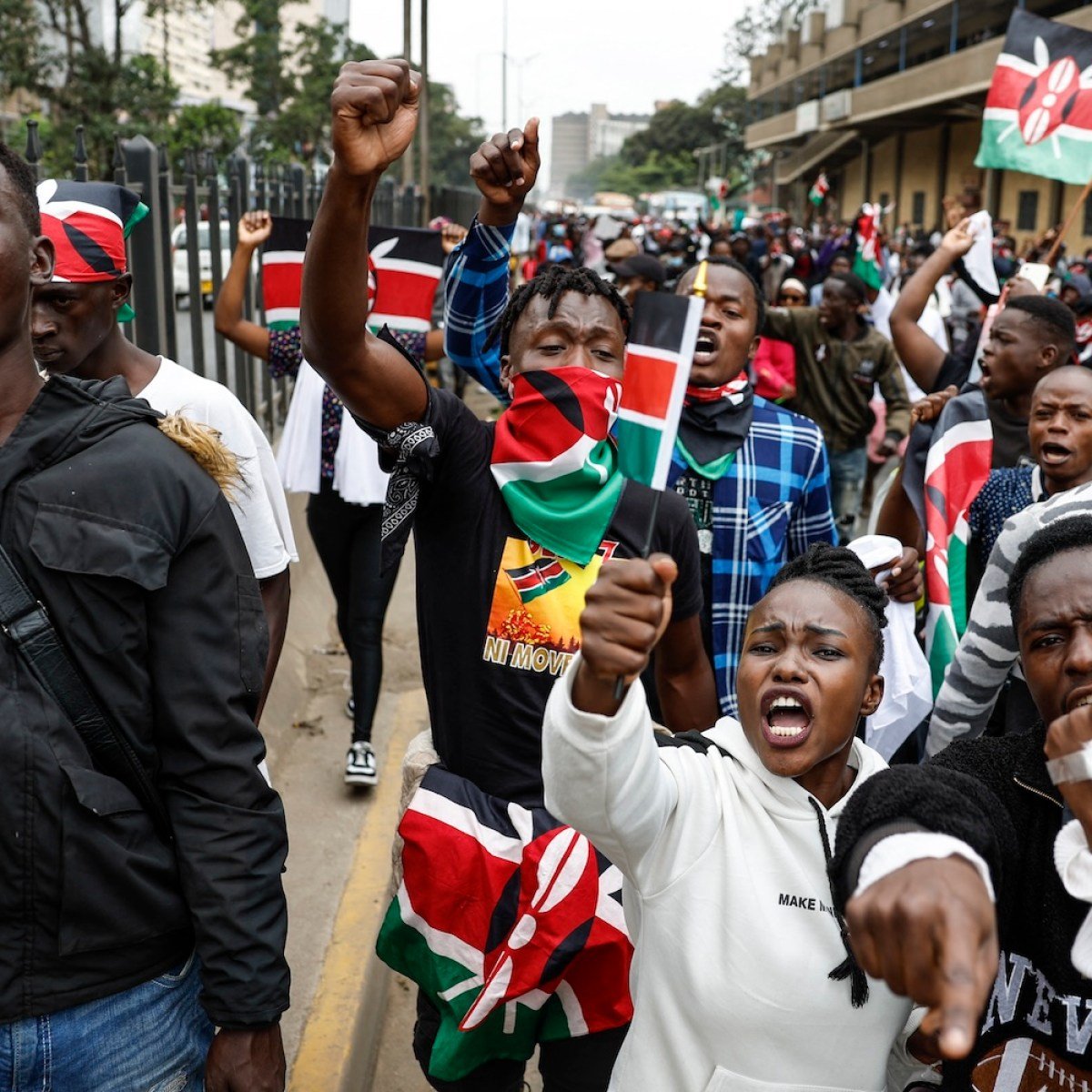


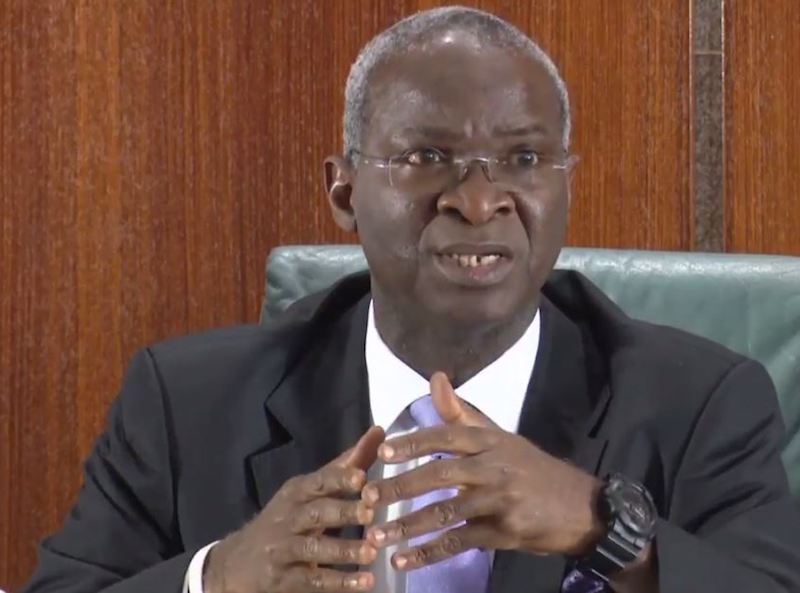
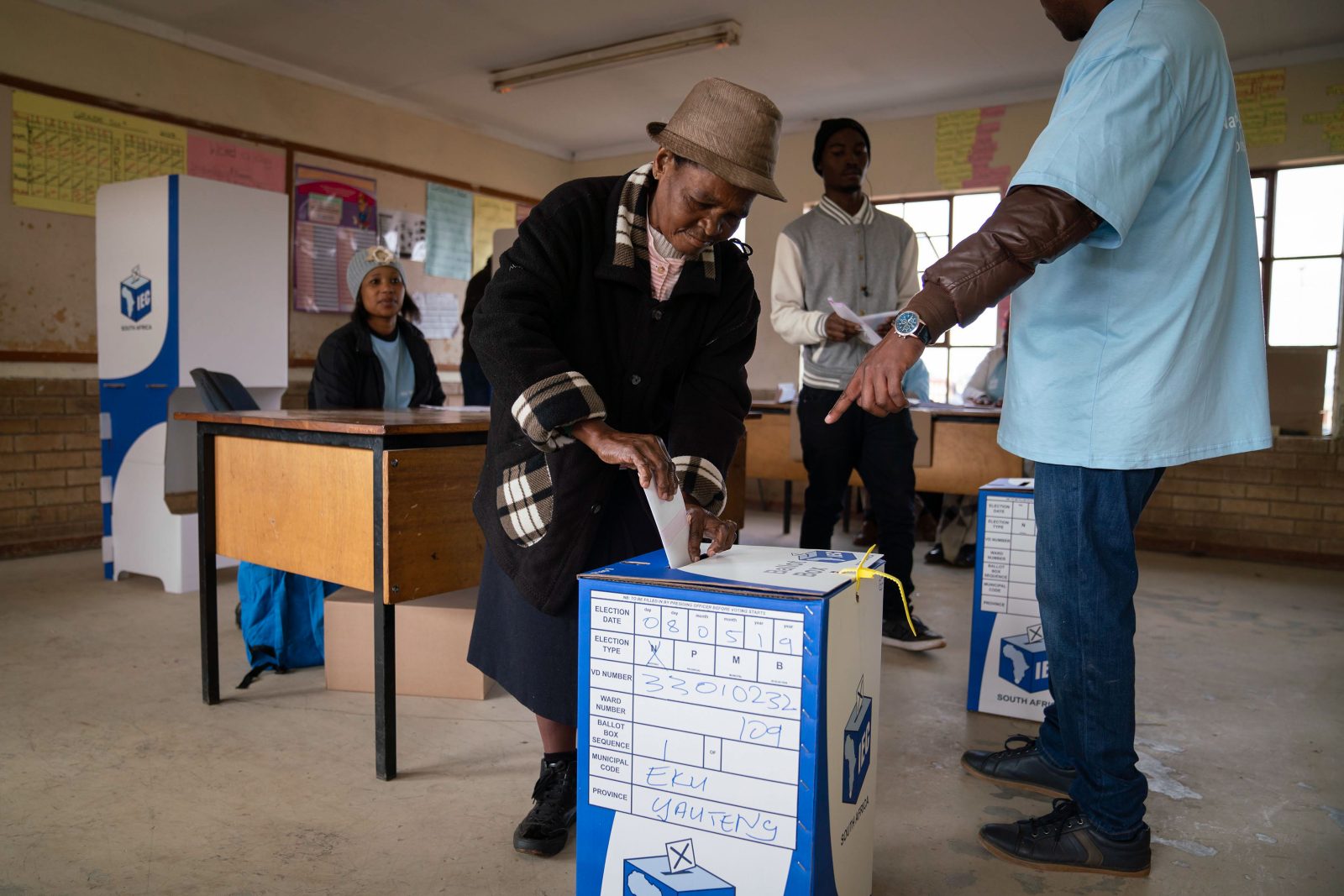

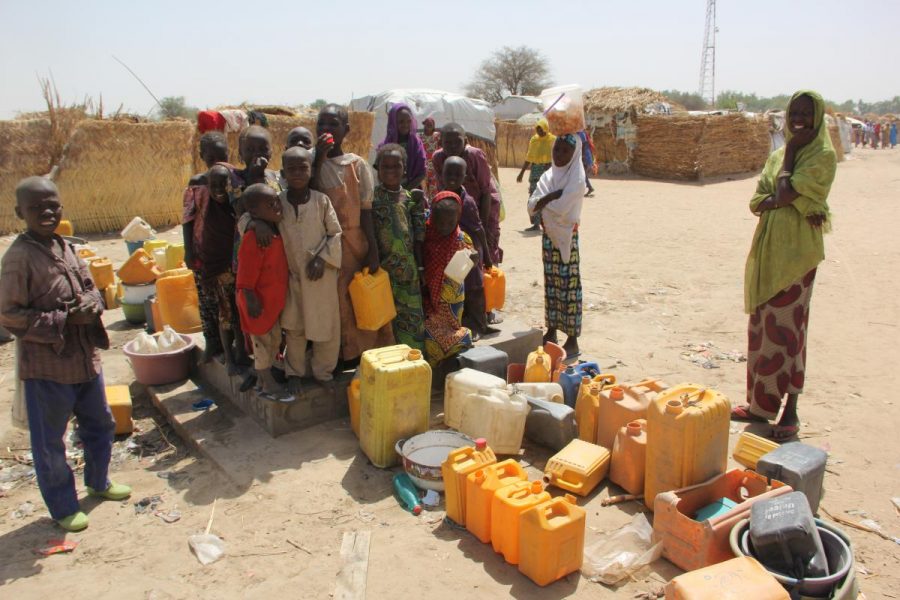
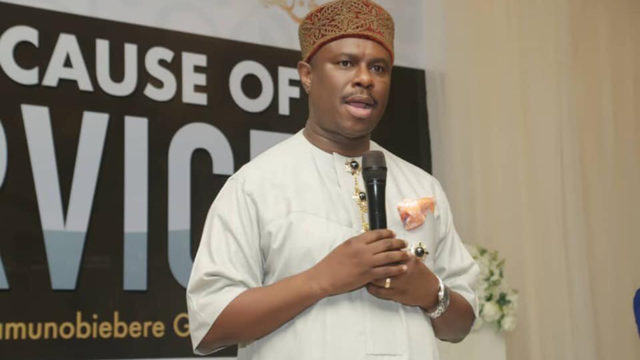
Leave a comment